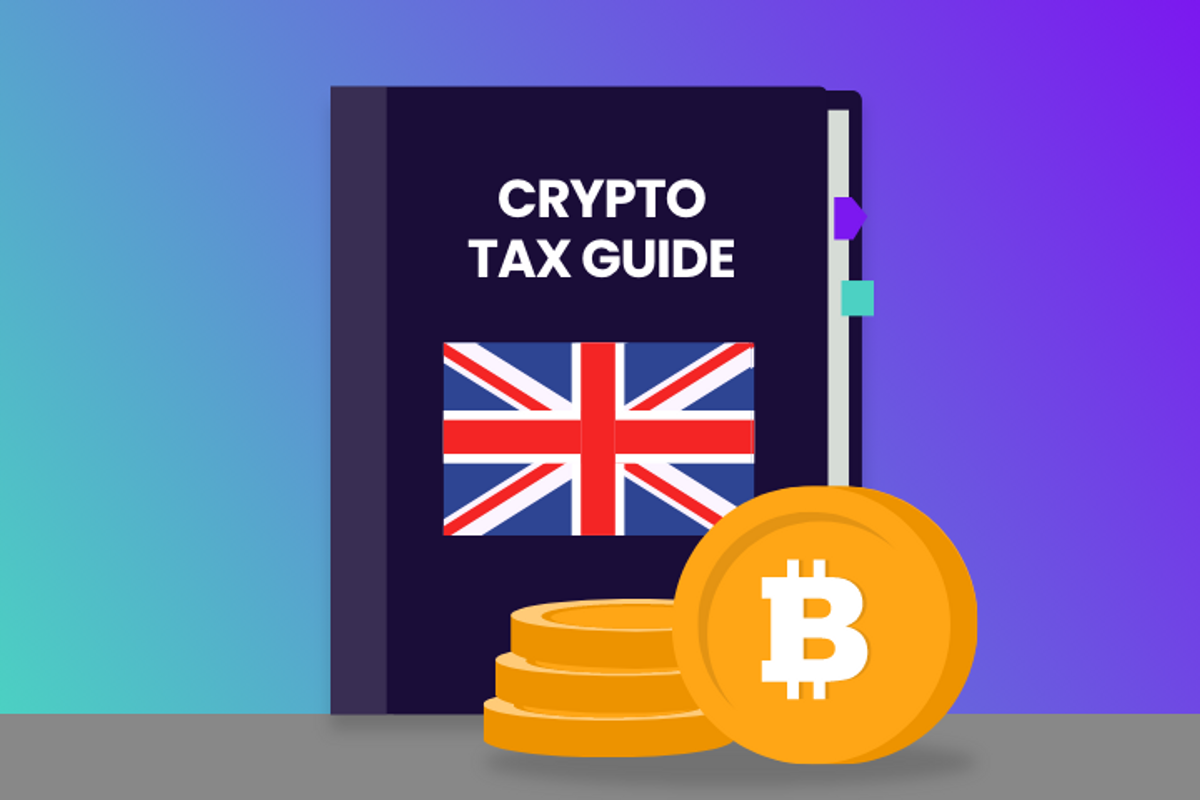
We recently participated in HMRC's DeFi tax consultation in a response alongside CryptoUK. In addition to this we also joined forces with our long-term partners, Wright Vigar submitting our own joint response to provide a comprehensive perspective on the matter. In this blog post, we highlight our key views on the consultation and outline our proposed solutions to address the nuances of DeFi transactions.
Analysing the Proposed Framework:
We took a deep dive into HMRC's recent DeFi consultation, examining the examples provided and also providing many of our own “real world” experiences. Our key concern was that their examples didn't truly reflect the majority of market activity, which is now driven by decentralised protocols rather than the centralised offerings like BlockFi, Celsius, Voyager and FTX which have now collapsed. The key challenge is in addressing the complexities of DeFi lending and staking transactions that involve multiple assets and partial redemption of DeFi positions. We firmly believe that a more tailored approach is necessary.
Our Vision: the Asset Composition No Gain No Loss Approach:
To future-proof the tax treatment of DeFi transactions, we propose the development of an “Asset Composition No-Gain, No-Loss” approach. This framework aims to capture DeFi lending and staking universally, including liquidity pools. By adopting this approach, we can ensure fair and consistent taxation practices that align with the nature of DeFi activities.
In our response we’ve put together some pretty heavy examples of how the proposed framework would cater DeFi scenarios like Uniswap.
Our Stand: Capital not Income
We strongly disagree with the notion that all DeFi rewards should be classified as income. While HMRC's proposal suggests treating all rewards as income, in our response we present strong arguments for treating them as capital with a Nil acquisition cost. We believe that subjecting the rewards to Capital Gains Tax (CGT) at the time of disposal would simplify the tax process, reduce administrative burdens, and better reflect the economic substance of these rewards. This approach resolves several issues, including the complexity of identifying rewards received in a bundle with reclaimed tokens, obtaining reliable reward values at the time of receipt, and addressing pricing volatility and low liquidity risks associated with providing for the tax bill on income.
Clarity on DeFi Tax Position and Transition Period:
In our response to HMRC’s consultation we have formally requested clarity regarding a taxpayer's DeFi tax position for the tax years leading up to the introduction of the new legislation. We believe that clear guidelines are essential to ensure fair and consistent treatment of DeFi transactions and to provide certainty for all. This will ensure that individuals have a clear understanding of their tax obligations and can make informed decisions accordingly.
Conclusion:
We don’t just want to be crypto tax software providers, we also want to help shape tax policy on crypto in the UK, ultimately helping individuals engage with decentralised finance without dry tax charges and enabling them to compound their wealth. Our contributions to the CryptoUK response and our own representation with Wright Vigar reflect our commitment to addressing the nuances of DeFi transactions and proposing effective solutions. By challenging the current examples, proposing tailored frameworks, and advocating for the treatment of rewards as capital, we aim to simplify the tax process and provide clarity for taxpayers. Stay tuned for updates as we continue our dialogue with HMRC and work towards a well-informed and balanced regulatory environment for DeFi and cryptoassets.


